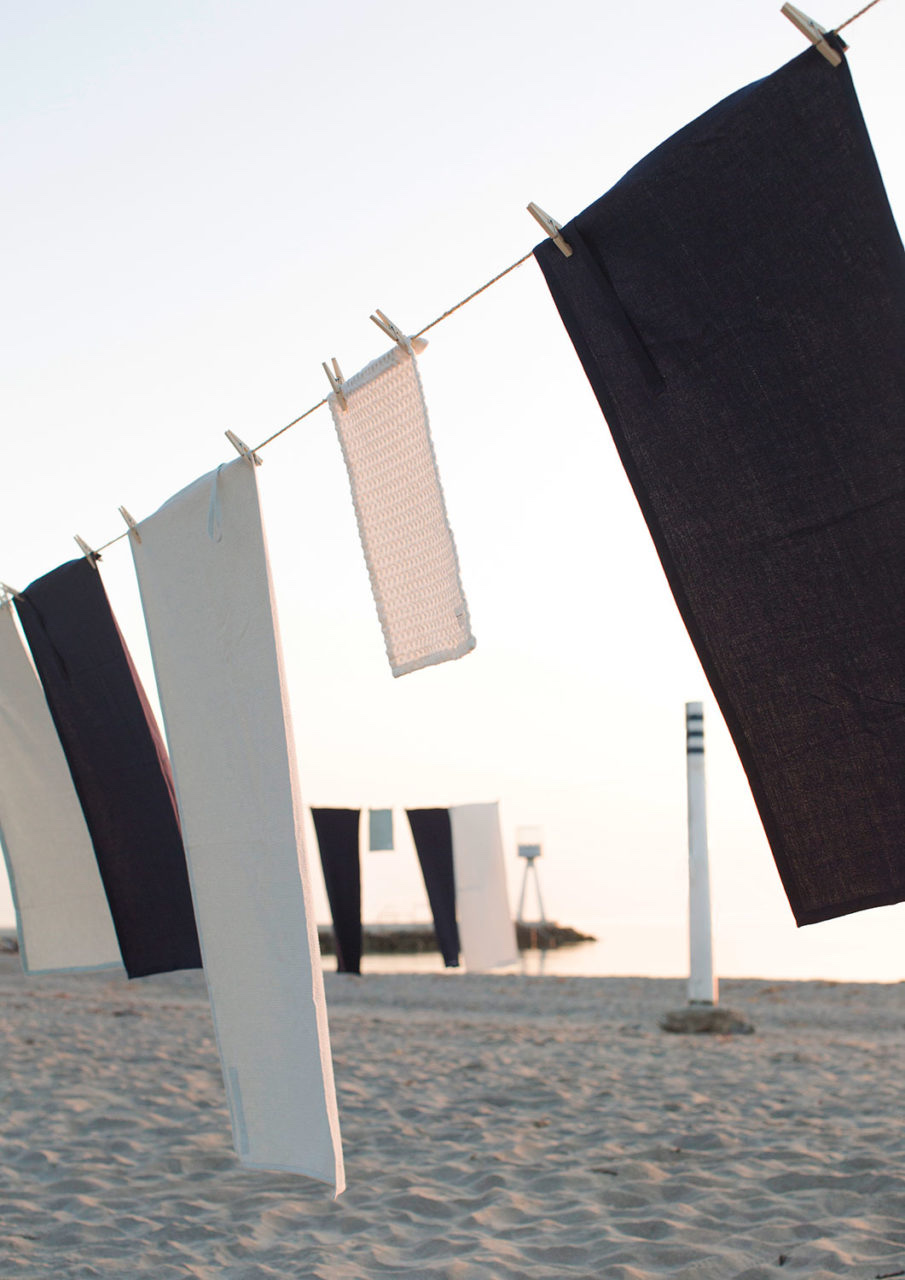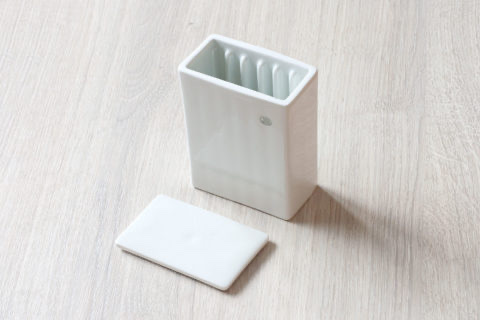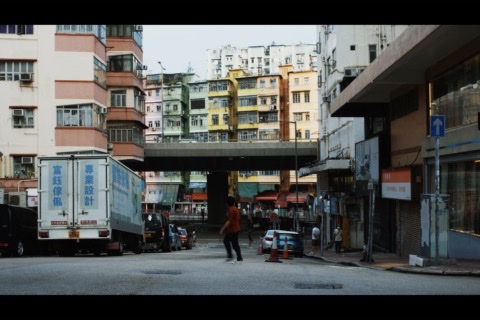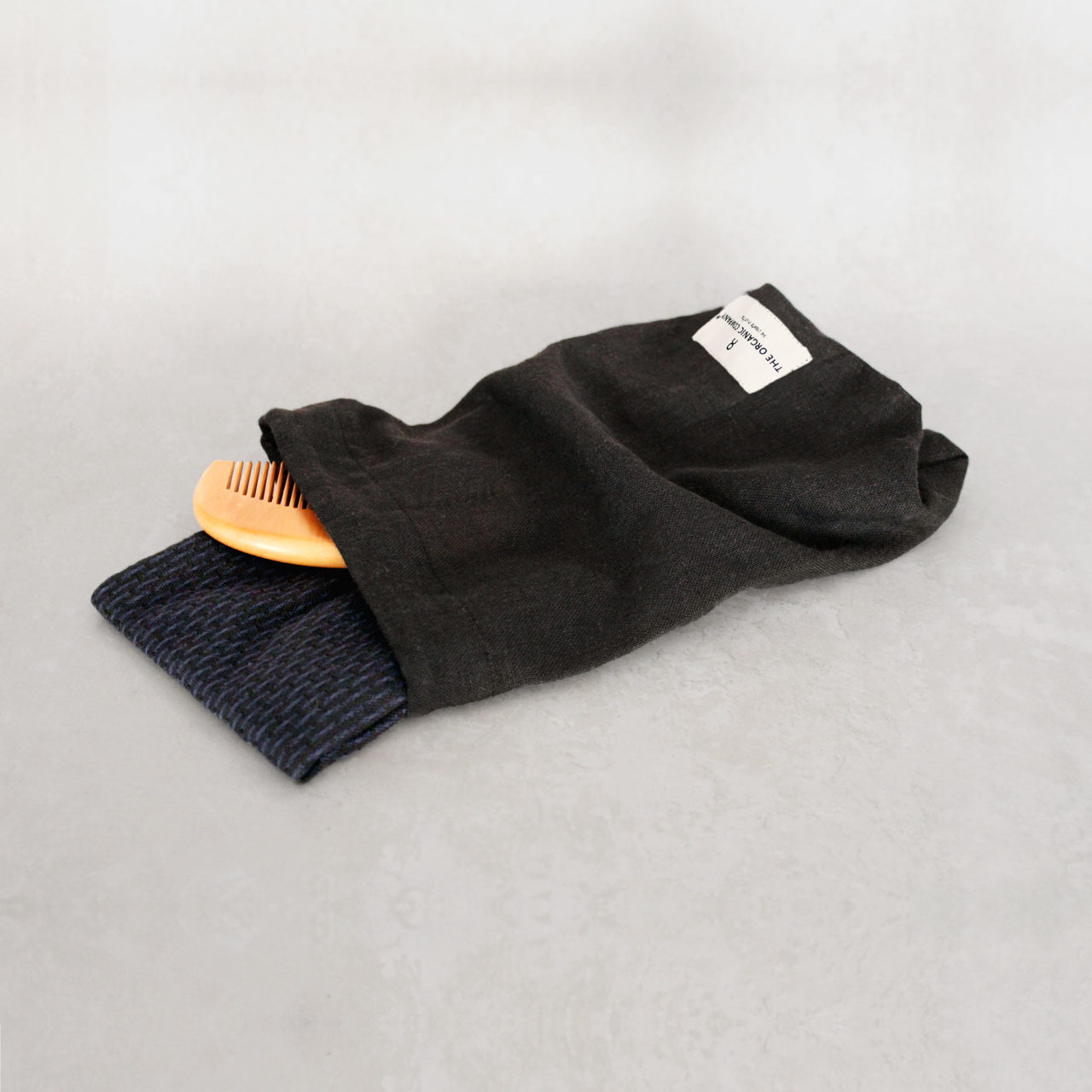
時間走,又過了多久。
昨天添置了一個棉麻包。
穿了三年的棉麻襯衫和褲子,形狀膨膨的,好愛看它水都滴光後,皺皺的模樣,有太陽的香。自從買了就有點回不去。
前天在餐廳吃飯,快喝完第二杯的時候,侍應適時走來跟我推薦第三杯,「既然到這裡,我猜你也不想回頭了。」真狡猾呢,又剛好合意。於是喝了一杯最好的作結,完成很愉快的一個晚上。果然有時還是需要有順序的。
像打從穿過天然材質的衣服,它就成為了我第一順序一樣。譬如在熱得不可思議的夏日,又再開始回想世界變得更熱的理由。
來自哥本哈根的The Organic Company,布品範圍廣闊得像一家百貨,由布茶包、各種尺寸的袋子與手巾、圍裙和浴衣、冥想或做瑜伽時的墊子等等,全都使用百分百GOTS全球有機紡織品標準認證的有機棉。然而最讓人印象深刻的,是他們的布品護理資訊,如同碎念一樣掉進腦海。
How long has it been since time went by?
I got a linen cotton bag yesterday.
The linen cotton shirt and trousers that I’ve worn for three years hang loose on my body. I especially love when they wrinkle from washing as the water drips away, and I can smell the sun on them. Since buying them I’ve known that I can never go back again.
I went to a restaurant two days ago; just when I was about to finish my second glass of the night, the waiter came over to recommend a refill, “You’ve gone so far, I suppose you don’t want to go back anymore.” It’s so cunning of him but he also read my mind right. So I went for the third drink which turned out to be the best of the night, and ended the evening happily. Sure enough, sometimes priority is necessary.
Ever since I first wore clothes made of natural materials, it has become my first priority. For example, on an incredibly hot summer day, I think about the reasons why the world is getting so much hotter.
The Organic Company from Copenhagen has a wide range of cotton products like a department store. They have cloth tea bags, bags and towels of various sizes, aprons and bathrobes, mats for meditation or yoga, etc., all made from 100% Global Organic Textiles Standard (GOTS) certified organic cotton. However, what impressed me the most is their guide to textile care; they are like whispers in my ears.
首先會了解到「跟傳統的棉花種植相比,有機棉花的溫室氣體排放量最多可減少94%。非有機棉花產業是全球環境污染的巨大來源,使用了全球近四分之一的殺蟲劑和10%的殺蟲劑。」百分比有時看起來會沒實際概念。那麼,「棉花種植者的社會條件可能很差很貧窮,健康問題和自殺都很普遍,而每天也有成千上萬種化學藥品用於將原材料製成衣服、毛巾、床上用品和其他物品,而這些物品每天都貼在皮膚上。」這樣開始具體了。
他也會告訴你,在洗滌前要三思,將它晾在清新空氣裡,再擦乾淨污漬,然後想一想,每個習慣和行為也是很重要的。洗得越少,影響就越小。設計與質量很重要,但有機耕種尊重土壤、動物與人,是同等重要。之間的共通,是他們都會呼吸,是有生命的啊。
To begin with, they explain that compared to traditional cotton cultivation, the greenhouse gas emissions of organic cotton are reduced by up to 94%. The non-organic cotton industry is a huge source of global environmental pollution as it uses nearly 25% of the world’s insecticides and 10% of pesticides. However, percentages might not be able to give you a real glimpse of reality. The social conditions of non-organic cotton growers is poor with poverty, health problems and suicide being common, and thousands of chemicals are used every day to turn raw materials into clothes, towels, bedding and other products, to which their guide reminds us that “these items are put on our skin every day.” This is getting more specific.
They also advise you to think twice before washing, to hang your textiles in fresh air, and to wipe clean instead. They want you to think about all of these things as your habits and actions have many repercussions. The less you wash, the smaller your impact. Design and quality are important, but what is equally important is that organic farming respects the soil, the animals, and the people. After all, we all breathe and we are all alive.
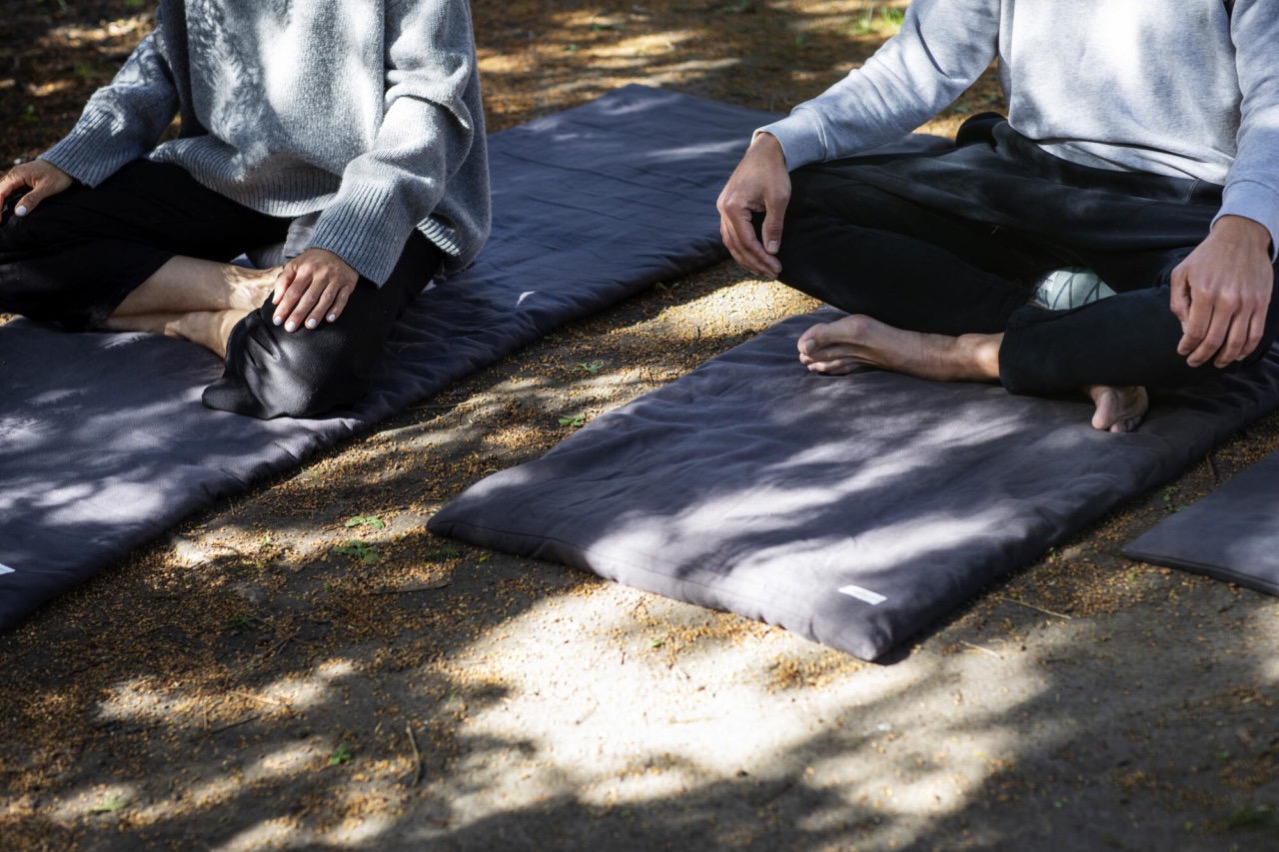
「跟我們生活的地球所能承受的,我們使用的太多了。」於是他喋喋不休,像身邊很多話的好友,每個細節都想仔細告訴你。然後你開始有了一點不同。在買一塊毯子、買一個袋子以後,得悉了它們從何來、由誰造。買回家後,我們的行為如何影響整個世界,而原來,是那麼多。應該會有改變了嗎?在熱不可耐的夏天裡,我昏昏眩眩這樣想著⋯⋯
“We use too much compared to what our planet can handle,” they may prattle on, just like that good friend of yours who loves to talk and is always desperate to tell you every single detail, but then you start to act a little differently. After you purchase a blanket and a bag, you get to learn where they came from and who made them, and after bringing them back home, how our actions can affect the entire world, and as it turns out that there are so many actions you can take. Shouldn’t there be change? In this unbearably hot summer, with a hazy mind I wonder……


